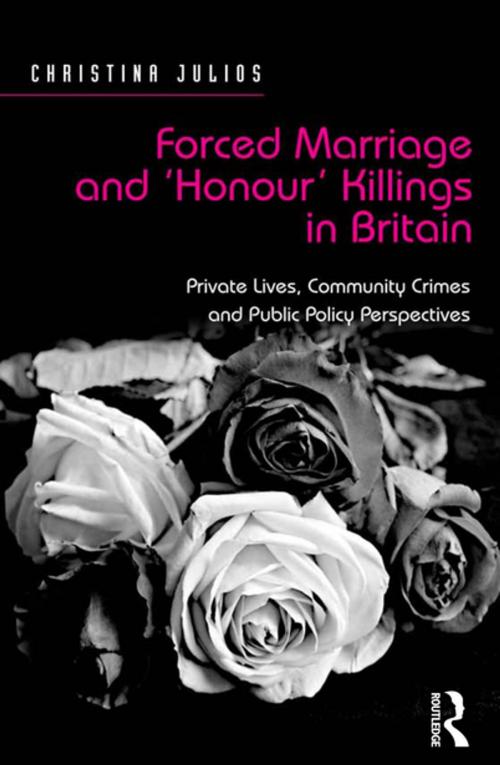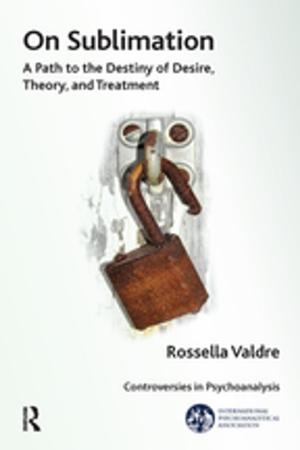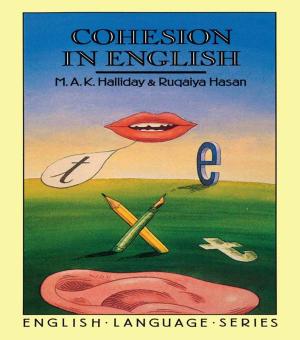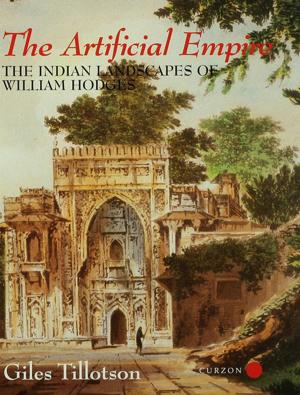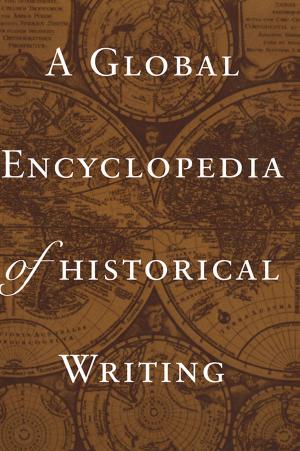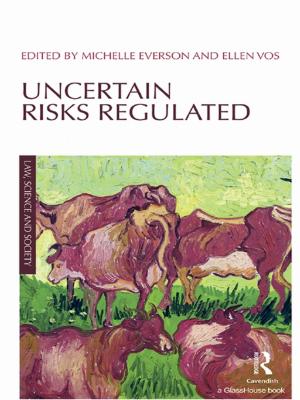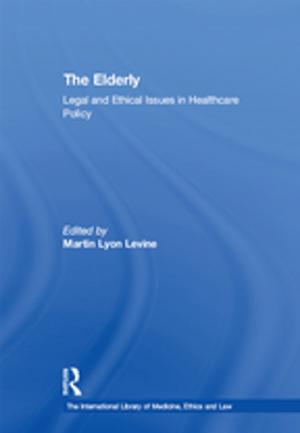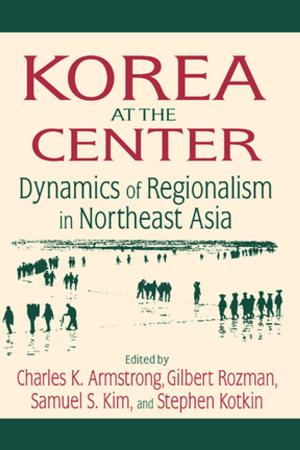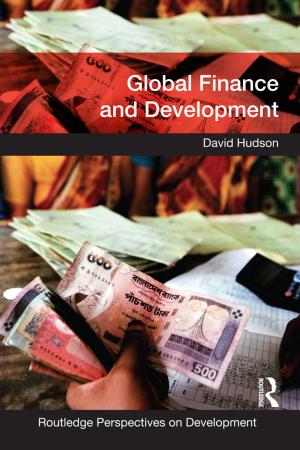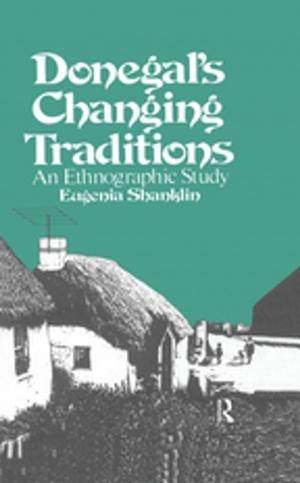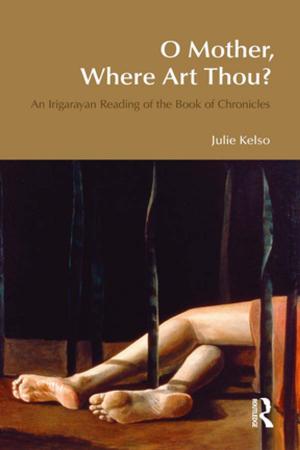Forced Marriage and 'Honour' Killings in Britain
Private Lives, Community Crimes and Public Policy Perspectives
Nonfiction, Reference & Language, Law, Public, Social & Cultural Studies, Social Science, Crimes & Criminals, Criminology| Author: | Christina Julios | ISBN: | 9781317134169 |
| Publisher: | Taylor and Francis | Publication: | March 9, 2016 |
| Imprint: | Routledge | Language: | English |
| Author: | Christina Julios |
| ISBN: | 9781317134169 |
| Publisher: | Taylor and Francis |
| Publication: | March 9, 2016 |
| Imprint: | Routledge |
| Language: | English |
This book explores the contemporary phenomenon of forced marriage and 'honour' killings in Britain. Set against a background of increasing 'honour'-based violence within the country's South Asian and Muslim Diasporas, the book traces the development of the 'honour' question over the past two decades. It accordingly witnesses unprecedented changes in public awareness and government policy including ground-breaking 'honour'-specific legislation and the criminalisation of forced marriage. All of which makes Britain an important context for the study of this now indigenous and self-perpetuating social problem. In considering the scale of the challenge and its underlying causes, attention is paid to the intersections of gendered power structures that disadvantage female members of 'honour' cultures as well as feminist theories that seek to explain them. The book features five key case-studies of 'honour' killings and draws from a wide range of narratives including those of 'honour' violence survivors, grassroots service providers and legislators. Such myriad of perspectives reveals the complexity of the 'honour' issue and the deep ideological divisions that characterise it. With the UK's multiculturalist discourse unable to reconcile protecting patriarchal minority cultures with safeguarding gender equality and human rights, the book raises fundamental questions about the country's future direction. Following a long trend of state-sponsored integrationist policies, the government's response to the 'honour' question points decisively in the direction of a post-multicultural British nation.
This book explores the contemporary phenomenon of forced marriage and 'honour' killings in Britain. Set against a background of increasing 'honour'-based violence within the country's South Asian and Muslim Diasporas, the book traces the development of the 'honour' question over the past two decades. It accordingly witnesses unprecedented changes in public awareness and government policy including ground-breaking 'honour'-specific legislation and the criminalisation of forced marriage. All of which makes Britain an important context for the study of this now indigenous and self-perpetuating social problem. In considering the scale of the challenge and its underlying causes, attention is paid to the intersections of gendered power structures that disadvantage female members of 'honour' cultures as well as feminist theories that seek to explain them. The book features five key case-studies of 'honour' killings and draws from a wide range of narratives including those of 'honour' violence survivors, grassroots service providers and legislators. Such myriad of perspectives reveals the complexity of the 'honour' issue and the deep ideological divisions that characterise it. With the UK's multiculturalist discourse unable to reconcile protecting patriarchal minority cultures with safeguarding gender equality and human rights, the book raises fundamental questions about the country's future direction. Following a long trend of state-sponsored integrationist policies, the government's response to the 'honour' question points decisively in the direction of a post-multicultural British nation.
